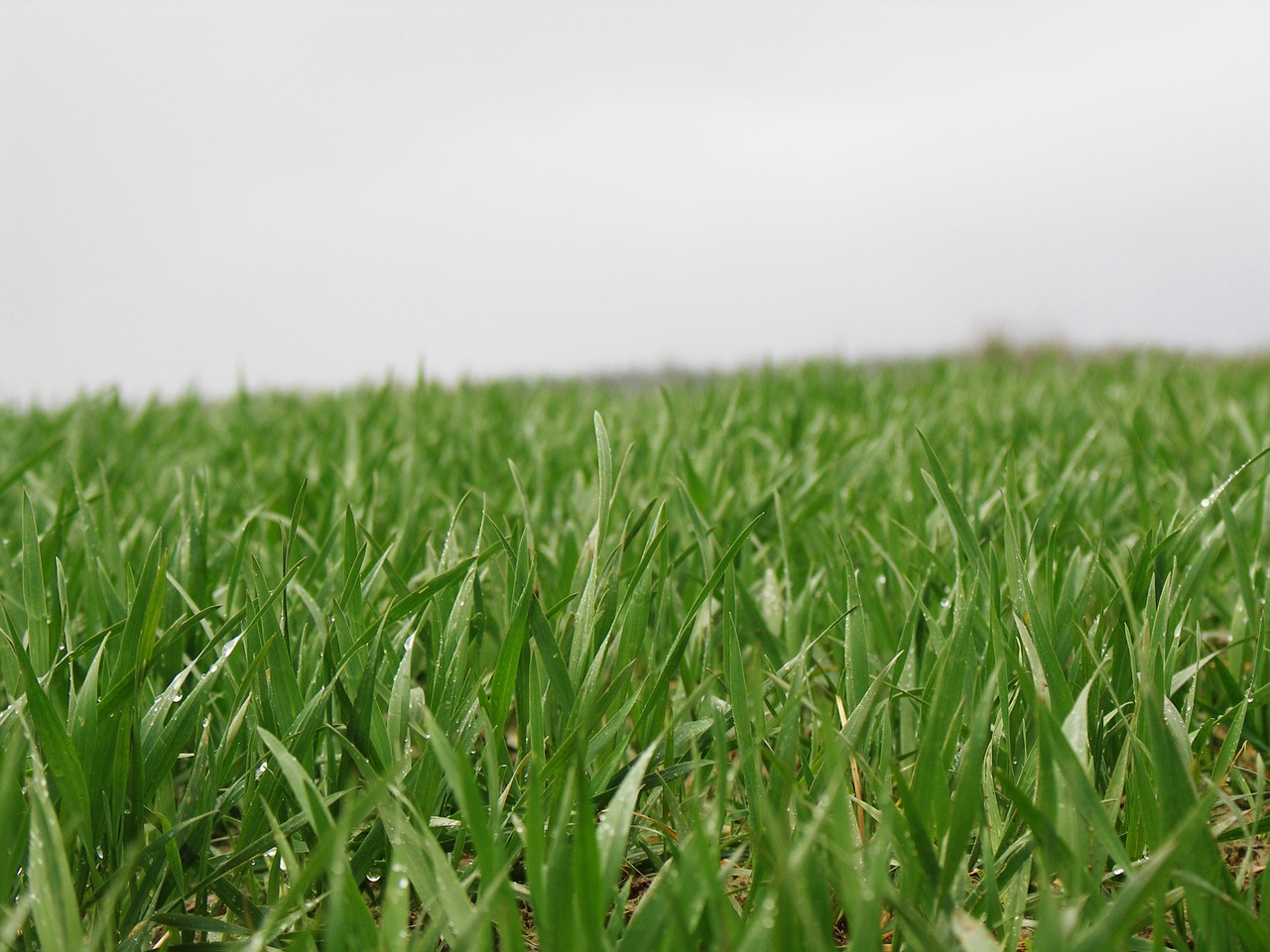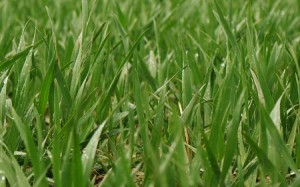
Parks Department Begins Pesticide Reduction Program This Month
 Montgomery Parks officials have announced the beginning of its pesticide-reduction program this month in accordance with Bill 52-14, legislation passed by the Montgomery County Council regarding the use of pesticides on county-owned property, parks and private property.
Montgomery Parks officials have announced the beginning of its pesticide-reduction program this month in accordance with Bill 52-14, legislation passed by the Montgomery County Council regarding the use of pesticides on county-owned property, parks and private property.
In accordance with this legislation, Montgomery Parks is embracing new ways to manage their parks while still working to protect the health of trees, shrubs, and ornamental beds, wildlife, and the people who use the parks.
As of July 1, Montgomery Parks will:
• Inform the public of pesticide applications via advanced notifications on the Montgomery Parks website www.MontgomeryParks.org/Pesticide. Notifications will be placed on the website at least 48 hours in advance of pesticide applications.
• Inform the public of pesticide applications via signage. Pre-application signage will be placed at the location of the application at least 48 hours in advance of the pesticide application. Post-application signage will be placed at the location of the application for at least 48 hours after the pesticide application.
• Discontinue the use of pesticides on all playgrounds in Montgomery Parks.
• Begin a pilot program to eliminate the use of pesticides at eleven local parks.
• Develop and implement new pesticide usage protocols in our parks, with the goal of reducing pesticide usage (other than listed pesticides) where possible.
Pesticide-Free Parks Pilot Program
An important component of Montgomery Parks’ pesticide reduction program is a Pesticide-Free Parks Pilot Program, which creates eleven pesticide-free parks in the Montgomery Parks system. Citizens can access these pesticide-free parks while staff will gain valuable information about the impact and best practices associated with maintaining parks without pesticides.
The following parks will be part of this pilot program:
• Big Pines Local Park, 13900 Travilah Road, Travilah, MD 20878
• Cedar Creek Local Park, 13513 Richter Farm Road, Germantown, MD, 20874
• Clarksburg Village North Local Park, 12520 Blue Sky Drive, Clarksburg, MD 20871
• Dickerson Local Park, 20700 Martinsburg Road, Dickerson, MD 20842
• General Getty Local Park, 10000 Woodland Ave, Wheaton, MD 20902
• Kemp Mill Estates Local Park, 120 Claybrook Drive, Wheaton, MD 20902
• Kemp Mill Urban Park, 1200 Arcola Avenue, Wheaton, MD 20902 (Note: Kemp Mill Urban Park is currently closed for renovations; it will be a Pesticide-Free Pilot Park when reopened for use)
• Maydale Nature Center Conservation Park, 1638 Maydale Drive, Colesville, MD 20905
• Norbeck Meadows Neighborhood Park, 4630 Valley Forge Drive, Norbeck, MD 20853
• Norwood Local Park, 4700 Norwood Drive, Bethesda, MD 20815
• Stonehedge Local Park, 12121 Old Columbia Pike, White Oak, MD 20904
According to Parks officials, the department will make every effort to make playgrounds and Pesticide-Free Pilot Parks completely pesticide free; however, Bill 52-14 includes provisions whereby pesticides may be applied in a playground, pesticide-free park, or elsewhere. Exemptions allowed under law permit pesticide application in these areas for the control of weeds, invasive species, pest control while engaged in agriculture, the maintenance of a golf course, to protect human health or to prevent significant economic damage. In the case of such a situation, the area may be closed for a brief period while the emergency is managed and re-opened as soon as possible afterwards. Notices will be posted via signage at the location for at least 48 hours after the application is made.
 Athletic Fields
Athletic Fields
Montgomery Parks is also making plans to transition to pesticide-free athletic fields. Per the pesticide legislation, Montgomery Parks’ goal is to develop a plan for maintaining athletic fields with only listed pesticides by September 2019 and to transition to the maintenance of all playing fields with the use of listed pesticides only in the year 2020 (contingent on the results of the pilot study, 2019 Athletic Field Plan and available budget).
Montgomery Parks’ plans to begin a pilot program at five athletic fields starting in 2017, while maintaining all other playing fields with an Integrated Pest Management Program.
As a result of Montgomery Parks’ efforts to reduce pesticide usage in parks, you may expect to see staff using techniques like hand pulling and mechanical pulling of weeds, additional string pulling, propane flame weeding, and the use of listed pesticides on the National Organic List and the Minimum Risk Ingredients List, which are approved per the legislation.
For more information on Montgomery Parks’ pesticide reduction program, up-to-date pesticide application alerts, frequently asked questions about the program and more, visit http://www.montgomeryparks.org/about/pesticide.
Montgomery Parks Begins Pesticide Reduction Program: Program includes Pesticide Alerts, Pesticide-Free Playgr… https://t.co/X4m2bKkOYc
— Montgomery Parks (@MontgomeryParks) July 1, 2016

Engage us on Facebook
Follow us on Twitter
Tweets by @mymcmedia